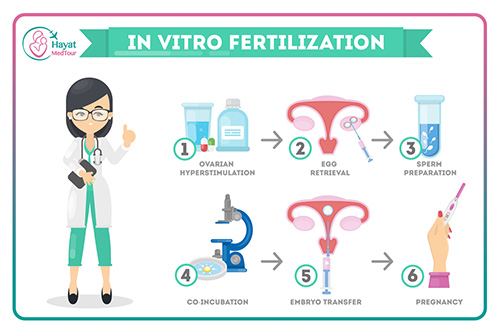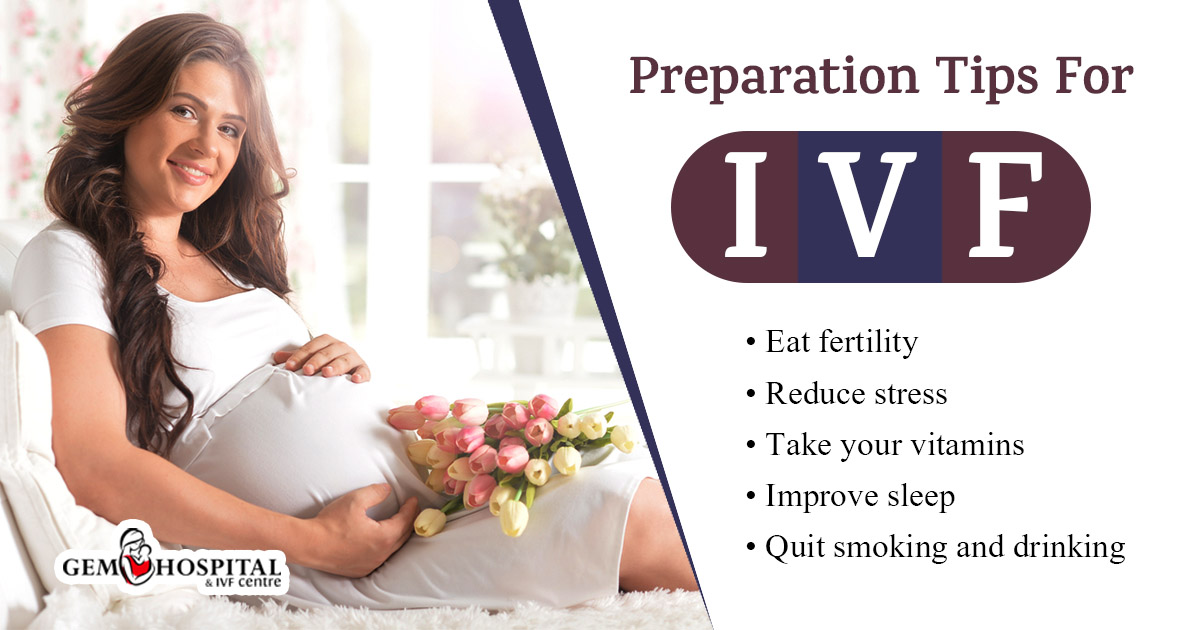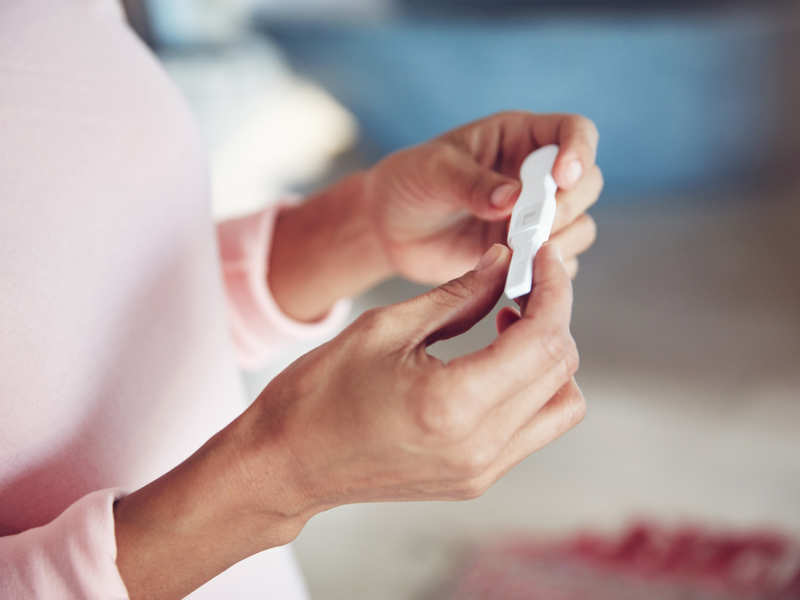How does IVF work
IVF is a common treatment for people who are unable to conceive naturally
Usually in IVF, the woman has medicines (fertility hormones) to stimulate the ovaries to produce several eggs. The eggs are then collected and mixed with sperm in a laboratory.
IVF is carried out when the sperm quality is considered to be ‘normal’ If there are issues with the sperm quality such as low motility or numbers, a procedure called intracytoplasmic sperm injection (ICSI) may instead be used – this is where a single sperm is injected into the egg by an embryologist
If fertilisation is successful, the embryos are allowed to develop for between two and six days. This helps the embryologist to select the strongest embryo, which is then transferred back to the woman’s womb to hopefully continue to a successful birth.
Often several good quality embryos will be created. In these cases, it's normally best practice to freeze the remaining embryos because putting two embryos back in the womb increases your chance of having twins or triplets, which carries health risks. You can use your frozen embryos later on if your first cycle is unsuccessful or you want to try for another baby.

What does IVF involve?
This process outlines a single cycle of IVF following the most commonly used procedure. You may find that your treatment is slightly different depending on your history and what your clinic thinks is best for you.
- Usually, the first step is to use medication to stimulate the ovaries to produce eggs. There are different ways this can be done. One way is to suppress natural hormones before taking hormone medication to stimulate the ovaries. This treatment, often called a long protocol, involves taking a daily injection or nasal spray to suppress hormone production. A scan checks the woman’s natural cycle is fully suppressed. If it is, hormone treatment (usually gonadotrophin) is started to boost the number of eggs the body produces.
- Some clinics may use the ‘antagonist protocol’. This involves taking medication (an antagonist) to suppress your hormones for a few days after you have taken the hormone medication (usually gonadotrophin) to boost the number of eggs the body produces.
- Whichever way the ovaries are stimulated to produce eggs, you will be closely monitored for a few days by the clinic. This may involve having blood tests or ultrasound scans.
- The eggs will be collected whilst under sedation or general anaesthetic. The procedure takes around half an hour and you may feel a little sore or bruised.
- Whilst the eggs are being collected, the man will be asked to come to the clinic to produce a sperm sample, or your donor sperm will be taken from the freezer, for mixing with your eggs.
- Medication will help to prepare the lining of the womb. This is usually taken as a pessary or gel which you can insert yourself into the vagina / rectum.
- The eggs will be mixed with the sperm in a laboratory. The aim is for the eggs and sperm to fertilise to create an embryo.
- If fertilisation happens, the resulting embryo(s), will be monitored to check how it’s/they’re developing.
- Two to five days after fertilisation, the embryo(s) will be transferred to the womb. You won’t need any kind of anaesthetic for this unless you have a condition that would make the procedure painful. You’ll be given a date to do a pregnancy test. Although you’ll understandably be excited at this stage, try not to do this early as you may get a false result.
- ۰ نظر
- 04 August 21 ، 08:34
- ۱۸۲ نمایش










